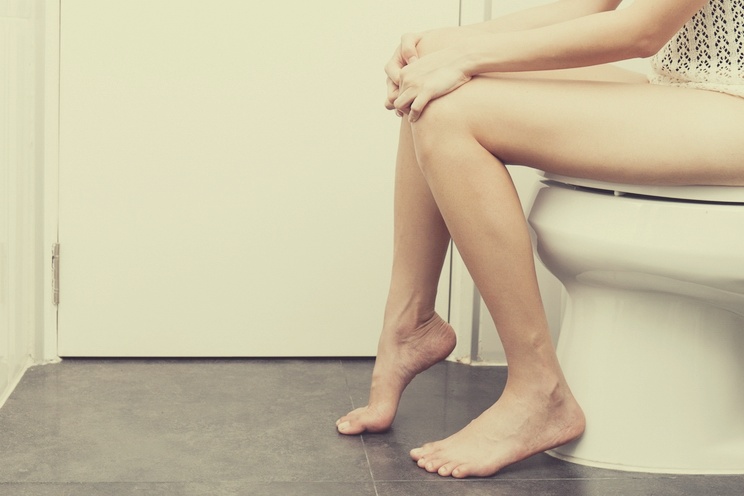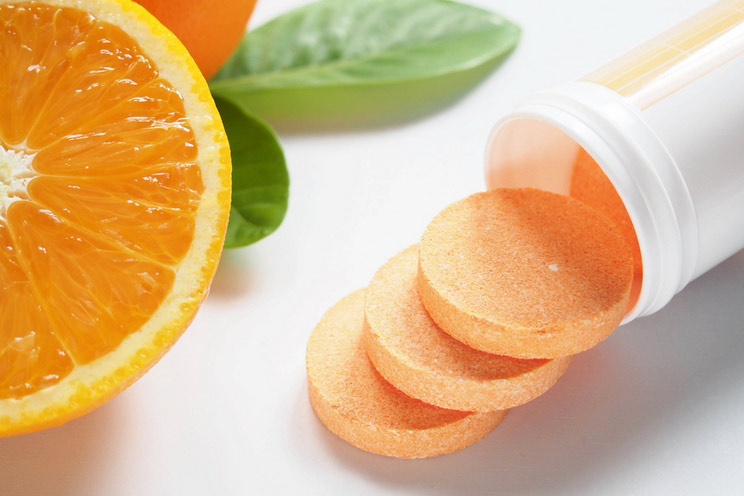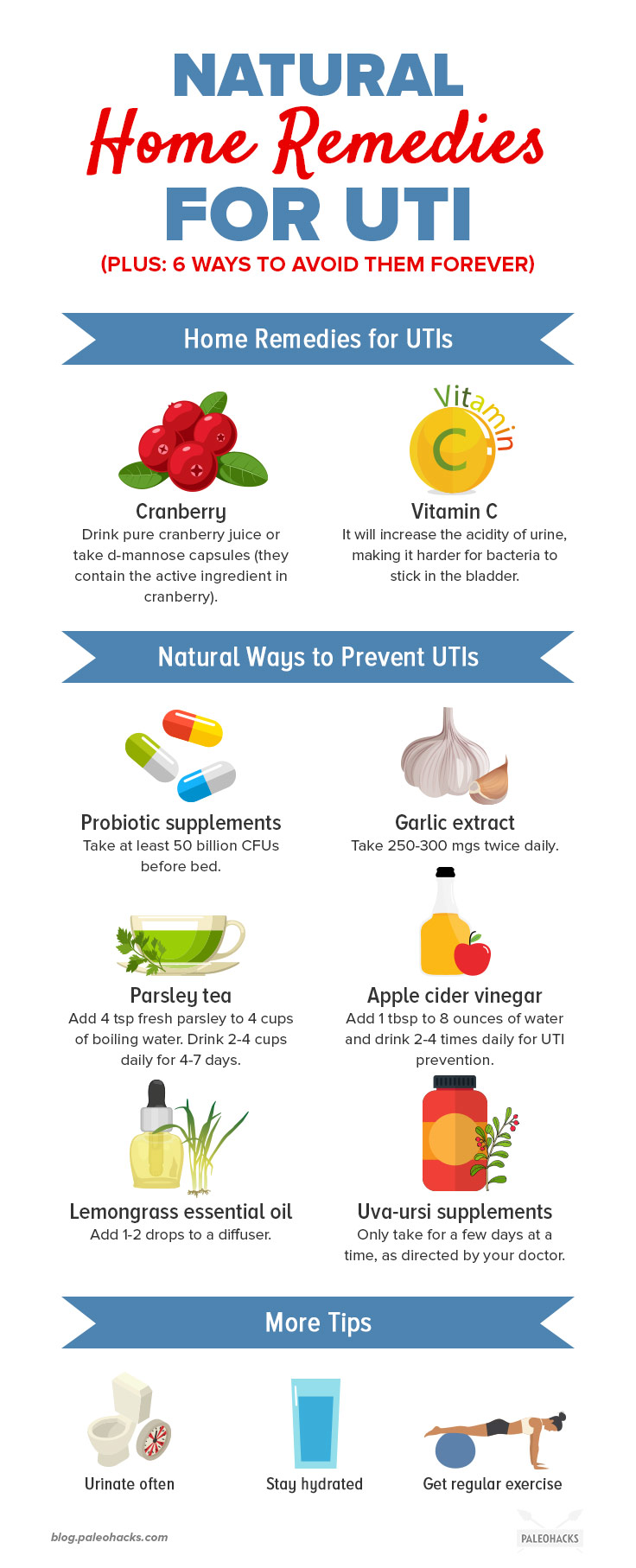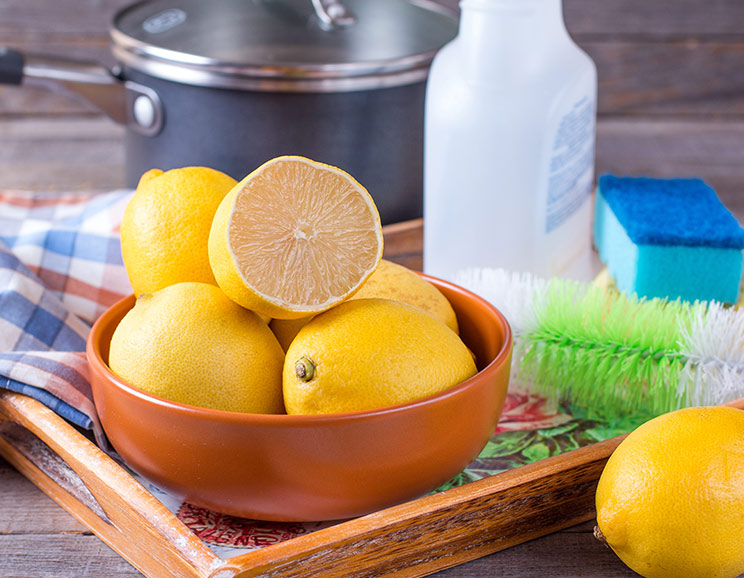The painful, burning sensation of a urinary tract infection is enough to drive anyone mad. Here’s why you might keep getting those nasty UTIs, and natural remedies to correct the problem.
We take our bladder function for granted, considering it does most of its work without our awareness. But when you start to have issues down there, the resulting pain can make you come to a full stop. The bladder is responsible for more than you may realize, and there are some simple ways to take care of this all-important organ before it gets run down.
Let’s explore some simple bladder wellness tips, plus what to do if you get knocked off your feet from a UTI.
Fight inflammation and create easy, healthy meals! We've created a FREE 7-Day AIP Meal Plan
Get Your FREE 7-Day AIP Meal Plan here.
What Is a UTI?
The bladder is much more than a bag that holds your urine – it’s also an extension of your kidneys. The kidneys send urine to the bladder via the ureters, two hollow tubes that gradually fill the bladder.
When empty, the bladder is about two inches but can expand up to six inches before needing to be emptied. The average bladder can hold 16 to 24 ounces of fluids before needing to be emptied although it will begin to prompt urination when just a quarter full. The urine then travels down the urethra and out of the body.
Urinary tract infections, or UTIs, are one of the most common types of bladder problems. UTIs can affect any part of the urinary system, but most commonly involve the urethra and bladder. (1)
UTI Symptoms

Urinary tract infections can cause symptoms that are irritating at best, and alarmingly painful at worst.
Symptoms of UTIs include: (2, 3)
- Strong, frequent urge to urinate
- Burning sensation while urinating
- Difficulty emptying the bladder completely
- Passing small amounts of urine
- Cloudy or bloody urine
- Strong or foul-smelling urine
- Stabbing pelvic pain
- Fever
If you experience symptoms of UTIs, it’s important to contact your doctor. Some infections and complications can be serious and need to be ruled out.
Major Causes of UTIs
Urinary tract infections are often caused by E. coli or gastrointestinal bacteria, as well as sexually transmitted infections. Most are treated by a single course of antibiotics, however, if the problem is recurrent, longer-term low-dose antibiotics may be used. (4)
UTIs are more common in women as bacteria can easily enter the urethra and lead to infection.
In certain cases, UTIs might recur frequently. Risk factors for this include: (5)
- Diabetes
- Disability
- Sexual intercourse
- Prior urogenital or gynecologic surgery
- Poor or infrequent emptying of the bladder
- Urinary incontinence
Home Remedies for UTIs
You’ve done everything you can, but still, you end up with a UTI. While you may still need antibiotics, the following natural approaches can work in some cases, especially in the earliest stages of UTI or as prevention after you’ve recovered from one.
If you are battling a fever or are in extreme pain, you need to contact your doctor. If left unchecked, bacteria can travel up the ureters and impact the kidneys, turning a bad situation even worse.
Some UTIs require antibiotics in order to prevent them from becoming kidney infections. Even if you choose to rely on natural remedies, you should always keep your doctor informed about your health.
Cranberry

The gold standard of natural remedies and preventive measures against UTI, cranberry concentrate is a potent natural antioxidant that helps to prevent bacteria from attaching to the kidneys or bladder lining, making it harder for an infection to take root. (6) While you can get benefits from drinking pure, unsweetened cranberry juice, some find the bitterness to be too much to stomach, while others will still react to the natural sugars found in the juice.
The optimal way to address a UTI with cranberry is to take D-Mannose capsules, which contain the active ingredient in cranberry that works against bacteria. D-Mannose capsules are safe and come with few, if any, side effects and can be taken in high doses during active UTIs and at lower doses to prevent infections from recurring.
While your doctor should always confirm supplement dosages, recommendations for active infections range from 1400 to 2100 milligrams of D-Mannose one to three times daily, with maintenance levels being 350 to 1,000 milligrams once daily.
Vitamin C

Vitamin C can increase the acidity of urine, making it harder for bacteria to stick in the bladder. (7) This essential nutrient is also a potent antioxidant that can help the body to fight off infections in general.
Some research shows that 100 milligrams of vitamin C taken daily can have a protective effect against UTIs. (8) If you’re addressing an active UTI with vitamin C, tolerable upper intakes are 3,000 to 6,000 milligrams, but actual dosage should be monitored by a practitioner. Vitamin C has no known toxicity, but when the body reaches saturation, diarrhea may ensue.
Natural Ways to Prevent UTIs

While there aren’t many remedies for addressing active UTIs, several other nutrients can help prevent a UTI from coming back:
- Probiotic supplements (9): Take at least 50 billion colony forming units at night before bed. Choose a broad spectrum supplement, like Renew Life.
- Garlic extract (10): Take 250 or 300 milligrams twice daily.
- Parsley (11): Make a parsley tea by boiling 4 cups of water and adding four teaspoons of fresh parsley. Drink 2-4 cups daily for 4 to 7 days when a suspected UTI is coming on. Do not take for longer than 7 days in a row.
- Apple cider vinegar (12): Add one tablespoon of apple cider vinegar to eight ounces of water and drink two to four times daily for UTI prevention.
- Lemongrass essential oil (13): Add 1 or 2 drops of lemongrass essential oil to a diffuser with water.
- Uva Ursi supplements (14): This potent supplement may interact with certain drugs, so check with your doctor before supplementing. Only take Uva Ursi for short periods of time, no more than a few times per year. (15)
More Tips

Bladder health is so basic that it often gets overlooked. Follow these three basic principles to look out for this vital organ.
1. Urinate often.
While the answer is different for everyone as to how often you need to urinate, the bladder starts sending nerve signals to void after it is about one-quarter full, and then continues every so often after that. Choosing to ignore the first several urges to urinate can lead to problems with the bladder and kidneys, so make a good habit of urinating frequently.
2. Stay hydrated.
The kidneys filter toxins, and without adequate fluid levels in the body, they can be unable to properly discard their toxic load. Additionally, kidney stones can develop because of dehydration.
While the exact amount of water needed for hydration will differ for everyone, it is important to aim for urine that is lighter colored, indicating that it is not strongly concentrated. Middle yellow to dark amber urine can be a sign of kidney problems, dehydration, bladder infection, or other complications.
3. Get regular exercise.
Since high blood pressure is associated with kidney disease and complications, which directly affect the bladder, it makes sense to work toward a healthy and balanced BP level. Regular exercise is good for this, and for many other things. While definitions of “regular” exercise can vary, most experts agree that 20 minutes three to five times per week can have positive benefits, even if all you’re doing is walking.

(Read This Next: What The Color of Your Urine Says About Your Health












Show Comments